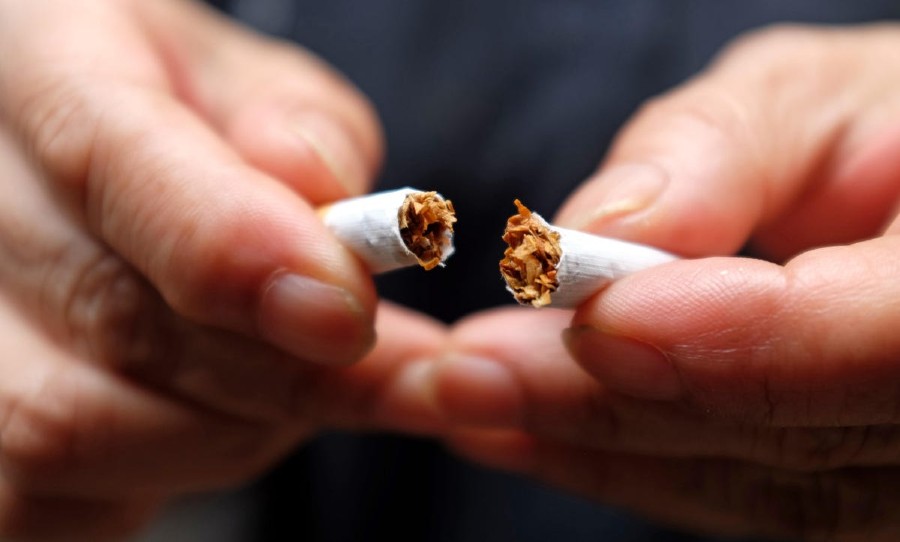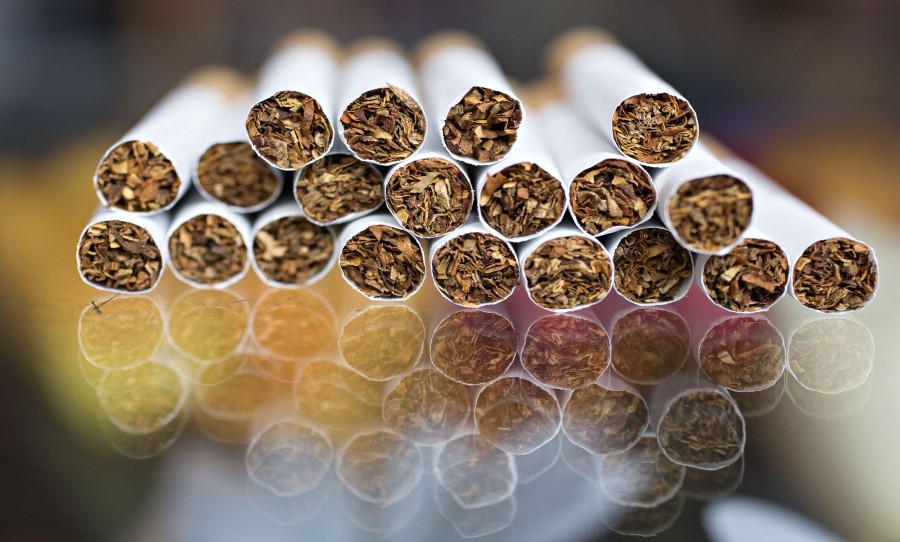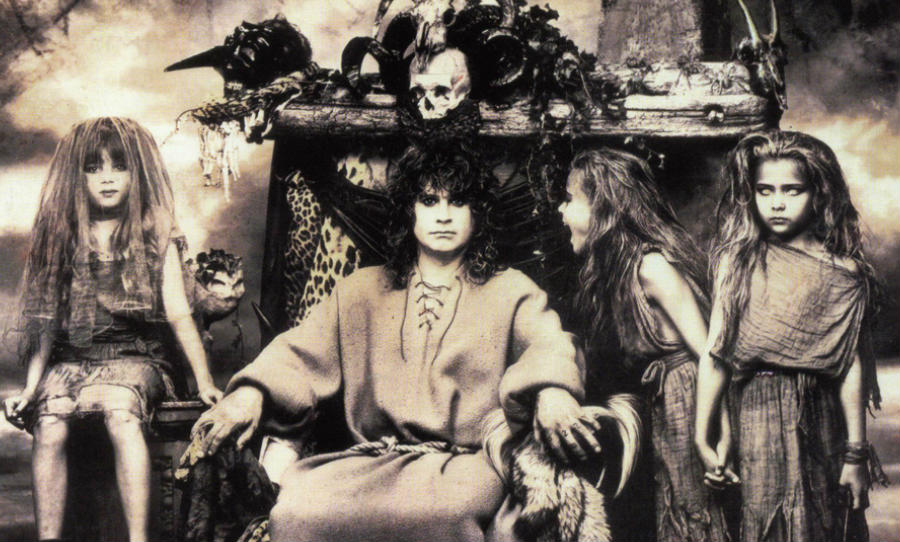The New Zealand government have discussed plans to lift the legal smoking age by a year every year, starting in 2027.
The plan, set to commence in 2027, will effectively ban all sales of tobacco to any people born after the year 2008. Sounds like an excellent plan as we know prohibitions always work.
Associate Health Minister Ayesha Verrall spoke in Wellington, explaining that the government will be introducing the legislation next year. The legislation will progressively lift the legal smoking age from 18 starting in 2027.

Alongside this new legislation, the number of shops able to sell tobacco will reduce from 2024, and only products containing low levels of nicotine will be sold from 2025.
“We want to make sure young people never start smoking so we will make it an offence to sell or supply smoked tobacco products to new cohorts of youth,” Verrall said.
“People aged 14 when the law comes into effect will never be able to legally purchase tobacco.”
With the goal of creating a smoke-free society, the NZ government is campaigning to reduce smoking rates to less than 5% in all their nation’s population groups.
The ambitious goal has an even more ambitious deadline… they hope to achieve this stat by 2025, two years prior to lifting the legal smoking age.
View this post on Instagram
Impressively, the prevalence of smoking amongst the New Zealand European population has already reduced to 10%.
The same can not be said for Māori people with 28% of their population still smoking and 18% of Pacific people continuing to enjoy a cheeky smoke.
Professor of Public Health at Auckland University, Chris Bullen has labelled the plan as world-leading and a potential game-changer.
Bullen also said that the plan has the potential to be “the single most significant step…to reducing preventable death and disease and reducing health inequities in the next few years.”
New Zealand plans to introduce laws that will mean today’s young people will go through their lives without ever being allowed to legally buy cigarettes https://t.co/kjBznX7Oi7
— Sky News (@SkyNews) December 9, 2021
Past years have seen the government increase excise tax on tobacco products, sending ciggie prices sky-high in a bid to reduce the habit.
This action received criticism from those who belonged to low-income households, where smoking is more prevalent.
“We’ve already seen the full impact of excise tax increases,” Verrall said. “The government recognises that going further will not help people quit, it will only further punish smokers who are struggling to kick the habit.”
While the intentions are good, the implementation may be a little tricky. Is anyone else picturing a smoking speakeasy?



